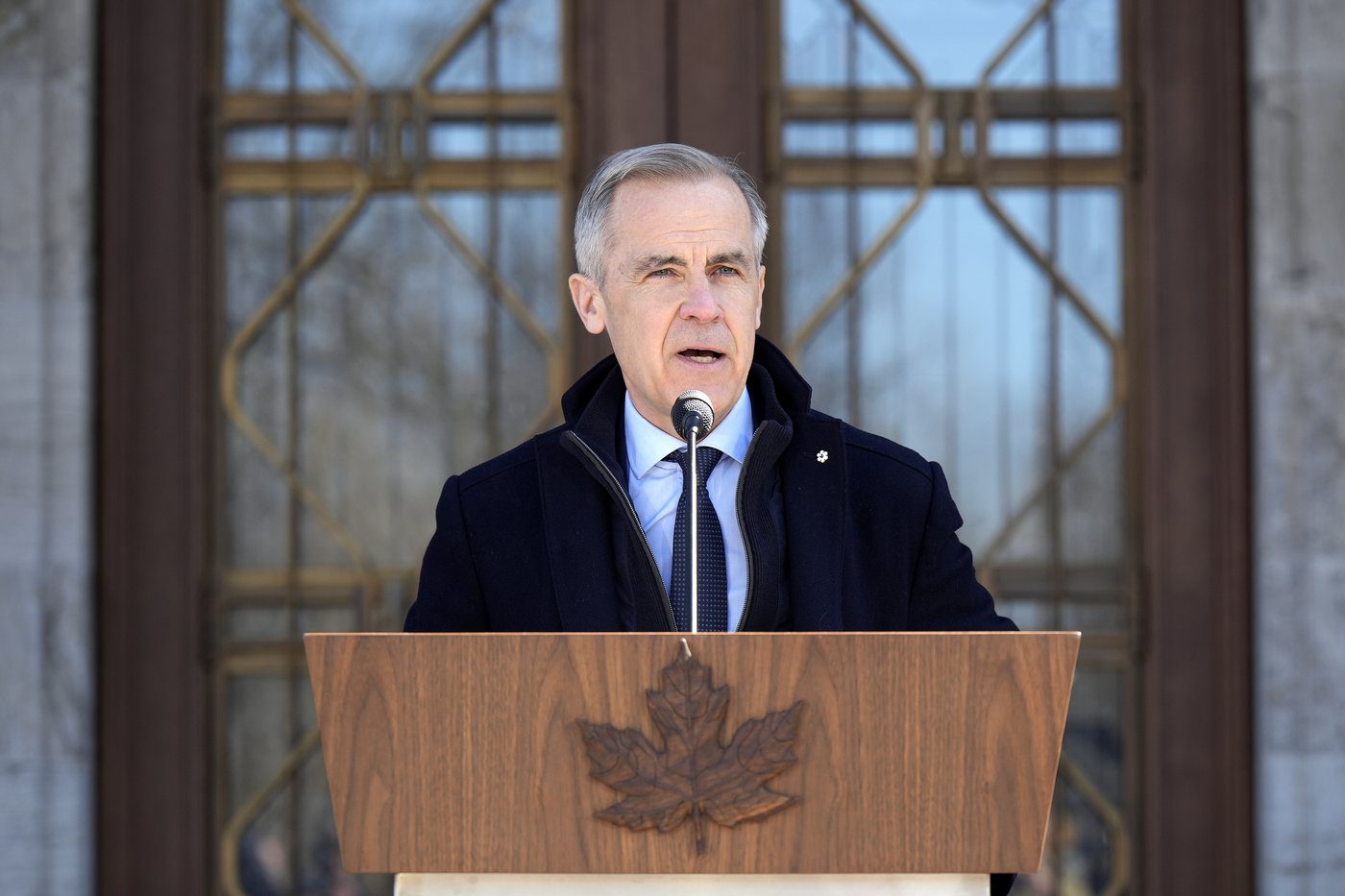Prime Minister Mark Carney isn’t a Conservative. He has never been a Conservative. He would never be mistaken for a Conservative.
So. Why have some columnists and media commentators attempted to establish a link between Carney, a lifelong Liberal, and Conservatism? That’s easy: if they can help the Liberal PM they prefer or support out-Conservative the Conservatives during the federal election, their ultimate goal will have been achieved.
Carney, an economist and former governor of two central banks (Canada and England), has long been associated with left-wing views such as increased government intervention, wealth redistribution and supporting net-zero emissions.
“Globalisation is associated with low wages, insecure employment, stateless corporations and striking inequalities,” Carney said in December 2016 when he gave the Roscoe Lecture at Liverpool John Moores University. He emphasized “staggering wealth inequalities” as a major concern, and suggested “redistribution and fairness also mean turning back the tide of stateless corporations.” He also said during a January 2021 interview with the United Nations that “climate change is an existential threat.” In his view, “we all recognize that, and there’s increasing urgency around it.”
A similar (albeit softer) theme could be identified during his campaign for the Liberal leadership. While the media largely focused on Carney’s rejection of now-former Prime Minister Justin Trudeau’s carbon tax and capital gains tax increase, they disregarded or ignored his many proposals involving high levels of spending and massive government intrusion. He proposed running a deficit “to invest and grow” the local economy, for instance. He also wanted to penalize “high-polluting foreign imports,” double the amount of new housing construction over a decade and supported retaliatory tariffs against the U.S. and President Donald Trump.
Since becoming PM on March 14, Carney has attempted to shed much of his left-wing image. He removed Trudeau’s hated federal carbon tax on his first day as PM, wants to build national trade corridors in Canada and has called for a middle class tax cut, among other things.
This led a reporter to ask Carney the following question after his meeting in Ottawa with Canada’s premiers on March 21. “In one week, you promised to cancel the increase on capital gains. You opened the door to the pipeline project, and you also promised to cancel the GST on the purchase of a first home. My question is simple: why didn’t you run for the Conservative Party?” Carney laughed at the remark, and carried on.
Which brings us to this brief exchange on X. Marc Lévesque, a former chief economist at the Public Sector Pension Investment Board and chief economics strategist at TD Securities, posted this on March 21, “I’m not sure this is a great take for the Conservatives. It essentially suggests that Carney is bringing the PLC back to the centre, which is what many Canadians wish for.” Globe and Mail columnist Andrew Coyne reposted this on March 22 with a few comments of his own, “It also raises the question: why didn’t Carney run for the Conservatives? Why didn’t they recruit him? Why weren’t they able to? Why didn’t they even try?”
The answers to these questions are pretty straightforward. Nevertheless, I decided to respond to Coyne’s post for fun.
Here’s what I wrote on X on March 23, “No, it doesn’t raise any questions. Carney isn’t a Conservative. He’s never been one, either. Agreeing with another party’s views on occasion – or, in Carney’s case, usurping them from the Conservatives for purely political purposes – doesn’t put you onside. Far from it. Here’s an example. Roy Romanow, a lifelong New Democrat, had moments of fiscal sanity when he was Saskatchewan Premier. More so than most NDPers at that time. Does that mean Romanow was always in the wrong party? Of course not. He’s never seriously considered leaving the NDP, even when then-Prime Minister Jean Chretien tried to recruit him for the Liberals. He’s right where he should be…on the left!”
Imitation is the sincerest form of flattery, as the old saying goes. Carney’s motives aren’t sincere, however. He hasn’t experienced a political epiphany the past couple of months, but has decided to shift gears for political gain. He’s also attempting to ride the current political wave that’s slowly abandoning far-left ideas and radical viewpoints in Canada and around the world.
That’s the reason why Carney is “bringing the PLC back to the centre,” to use Lévesque’s words. He’s not a political pragmatist like some Liberals, but simply an opportunist who is taking advantage of a changing political climate.
As for the reason why the Conservatives didn’t “recruit” Carney, to quote Coyne, it’s because he doesn’t think, speak or understand the true essence of Canadian Conservatism. And why would he? He may have swiped a few right-leaning Conservative ideas, but he’ll always be a left-wing Liberal.
Michael Taube, a longtime newspaper columnist and political commentator, was a speechwriter for former Canadian prime minister Stephen Harper.






